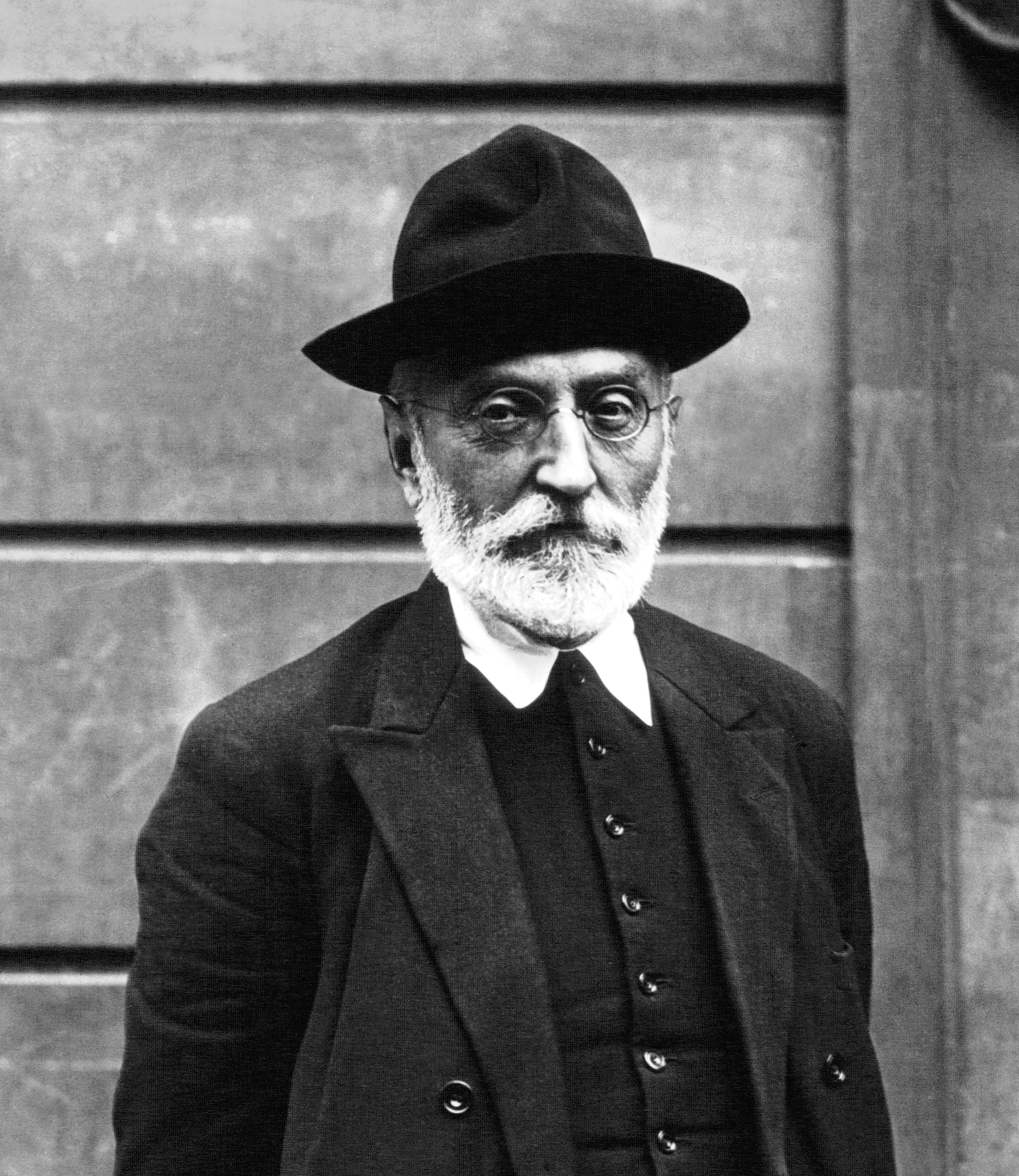The Tragic Sense of Life (1913), IX : Faith, Hope, and Charity
Miguel de Unamuno Quotes
The Tragic Sense of Life (1913), X : Religion, the Mythology of the Beyond and the Apocatastasis
The Tragic Sense of Life (1913), VII : Love, Suffering, Pity
The Tragic Sense of Life (1913), Conclusion : Don Quixote in the Contemporary European Tragi-Comedy
The Tragic Sense of Life (1913), I : The Man of Flesh and Bone
The Tragic Sense of Life (1913), VII : Love, Suffering, Pity
The Tragic Sense of Life (1913), VII : Love, Suffering, Pity
The Tragic Sense of Life (1913), XI : The Practical Problem
“To fall into a habit is to begin to cease to be.”
The Tragic Sense of Life (1913), IX : Faith, Hope, and Charity
The Tragic Sense of Life (1913), III : The Hunger of Immortality
The Tragic Sense of Life (1913), II : The Starting-Point
The Tragic Sense of Life (1913), Conclusion : Don Quixote in the Contemporary European Tragi-Comedy
The Tragic Sense of Life (1913), IX : Faith, Hope, and Charity
The Tragic Sense of Life (1913), IV : The Essence of Catholicism
The Tragic Sense of Life (1913), VIII : From God to God
The Tragic Sense of Life (1913), II : The Starting-Point
The Tragic Sense of Life (1913), II : The Starting-Point
The Tragic Sense of Life (1913), III : The Hunger of Immortality
The Tragic Sense of Life (1913), X : Religion, the Mythology of the Beyond and the Apocatastasis
The Tragic Sense of Life (1913), V : The Rationalist Dissolution
San Manuel Bueno, Mártir (1933), Prologue
The Tragic Sense of Life (1913), VII : Love, Suffering, Pity
The Tragic Sense of Life (1913), X : Religion, the Mythology of the Beyond and the Apocatastasis
for this it is that constitutes the life of the spirit. May it be that consciousness and its extended support are two powers in contraposition, the one growing at the expense of the other?
The Tragic Sense of Life (1913), X : Religion, the Mythology of the Beyond and the Apocatastasis
The Tragic Sense of Life (1913), VIII : From God to God
The Tragic Sense of Life (1913), I : The Man of Flesh and Bone
The Tragic Sense of Life (1913)
to call this load that well nigh crushes our heart pure curiosity!
The Tragic Sense of Life (1913), X : Religion, the Mythology of the Beyond and the Apocatastasis
